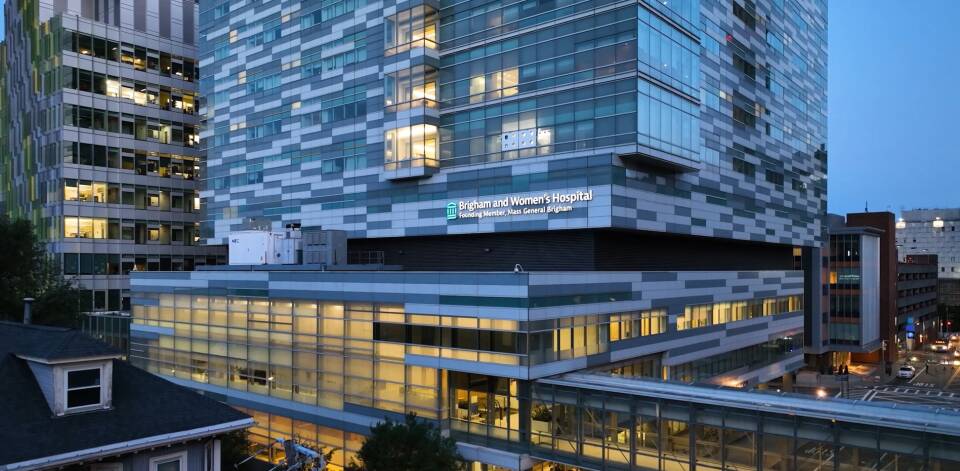A coalition of more than 2,600 resident physicians, interns and fellows at Mass General Brigham reached a tentative contract agreement Tuesday night at a time of economic strife for the state’s largest private employer.
The agreement includes a pay increase of 2.5% per year for each resident across the health care system’s hospitals, including major Boston-area hospitals like Brigham & Women’s Hospital, Mass Eye and Ear and Mass General Hospital. The union claimed in a press release that that raise, plus an annual stipend of $10,500, amounts to a pay raise of up to $25,000 for some residents — a figure that Mass General Brigham disputes.
At Mass General Hospital, it’s the first union contract every for resident physicians. The first-of-its-kind contract comes after a nearly two-year fight.
“I’m very excited at what my colleagues and I have been able to accomplish with this tentative agreement,” said William Ford, a resident who works in internal medicine at Brigham and Women’s.
“We are the first organized staff at Mass General Hospital and at some of the other hospitals owned by Mass General Brigham — and we’re joining the ranks of organized staff alongside, for example, nurses,” said Ford, who has been involved in contract negotiation process for the last 20 months.
According to Mass General Brigham’s website, the lowest-paid resident physician currently makes about $79,000, and the highest-paid resident physician makes $110,000.
Ford said it was important to get back pay, pay raises and other benefits as Mass General Brigham looks to cut spending. The hospital system had two rounds of layoffs earlier this year.
The union representing the resident physicians, interns and fellows said many of the members work more than 80 hours per week. They say those long hours have had a direct impact on their wellbeing and ability to provide high-quality patient care to the Boston community.
A representative for the health care system disputed that residents work more than 80 hours per week.
Dr. Paul Anderson, chief academic officer at Mass General Brigham, said he was pleased to reach a tentative contract agreement with the union that will last into 2027 and codifies important benefits that resident physicians already receive. He says their residency program provides an excellent education.
“We are profoundly grateful for the exceptional contributions our trainees have made to our patients and healthcare system, and we take pride in the fact that they have consistently been among the highest-paid in the country and continue to be the highest-paid in Boston,” he said.
Ford said unions are becoming more attractive among doctors because physicians are burning out — plus, many live in cities like Boston, where the cost of living is keeps climbing.
“What I’m excited about, perhaps most of all, is the fact that, this is a democratic process now. And we have a say — me and the 2,500 other resident fellows that I work with every day — have a mechanism for having a more democratic participation in our workplace.”
The bargaining team will present the proposal to full membership for a ratification vote at the end of May.







